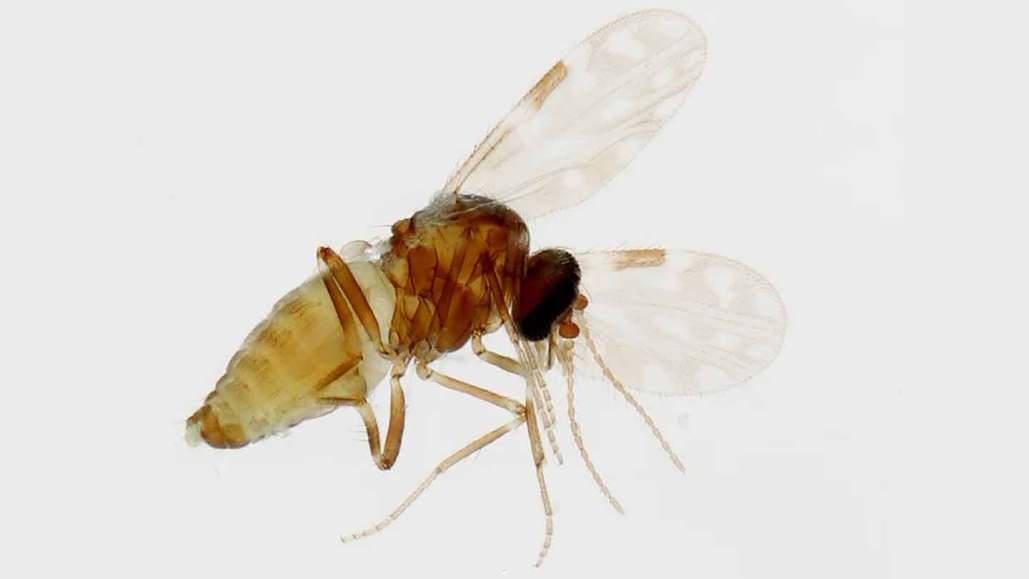Virus Responsible for Brazil Outbreak Capable of Mother-to-Fetus Transmission

A virus that caused a large outbreak in Brazil this year can spread from a pregnant woman to the fetus. The confirmation of several cases of transmission to the womb means that the virus, called Oropouche, has a feature in common with two other insect-borne viruses, Zika and dengue.
A 40-year-old woman’s stillbirth this summer in Brazil was linked to transmission of the virus from the woman to the fetus, researchers report October 30 in the New England Journal of Medicine. (The World Health Organization defines a stillbirth as the death of a fetus after 28 weeks of pregnancy.) The Brazilian Ministry of Health has also confirmed two other deaths due to the spread of Oropouche virus to the womb: a stillbirth to a 28-year-old woman and a baby born with congenital anomalies who died after 47 days. There are other potential cases of transmission to the womb being investigated.
Help us improve by taking our 15-question reader survey.
As of mid-October, Brazil has reported more than 8,000 cases of Oropouche fever since the beginning of the year. It’s the largest outbreak in the Americas this year; some of the other countries with cases include Peru, with more than 900, and Cuba, with more than 500. Infections can cause fever, chills, joint pain and severe headaches, among other symptoms. The virus is spread mainly by the bite of Culicoides paraensis midges, which are very small flies, and sometimes by mosquitoes. As with Zika, there aren’t any medicines to treat Oropouche fever or vaccines that target the virus.
It’s also possible that Oropouche virus could be spread through sexual transmission. A man diagnosed with Oropouche fever this summer still had functional virus in his semen 16 days after his symptoms started, a different group of researchers report in the December Emerging Infectious Diseases. If the ability to transmit sexually proves true, it would be another feature in common with Zika, which caused a massive outbreak of infections in the Western Hemisphere in 2015 and 2016 (SN: 12/13/17).
Brazil’s large outbreak, the confirmation that the virus can spread to the womb and harm the fetus and the sudden deaths of two women in their twenties who developed Oropouche fever have brought more attention to the not-well-understood virus.




